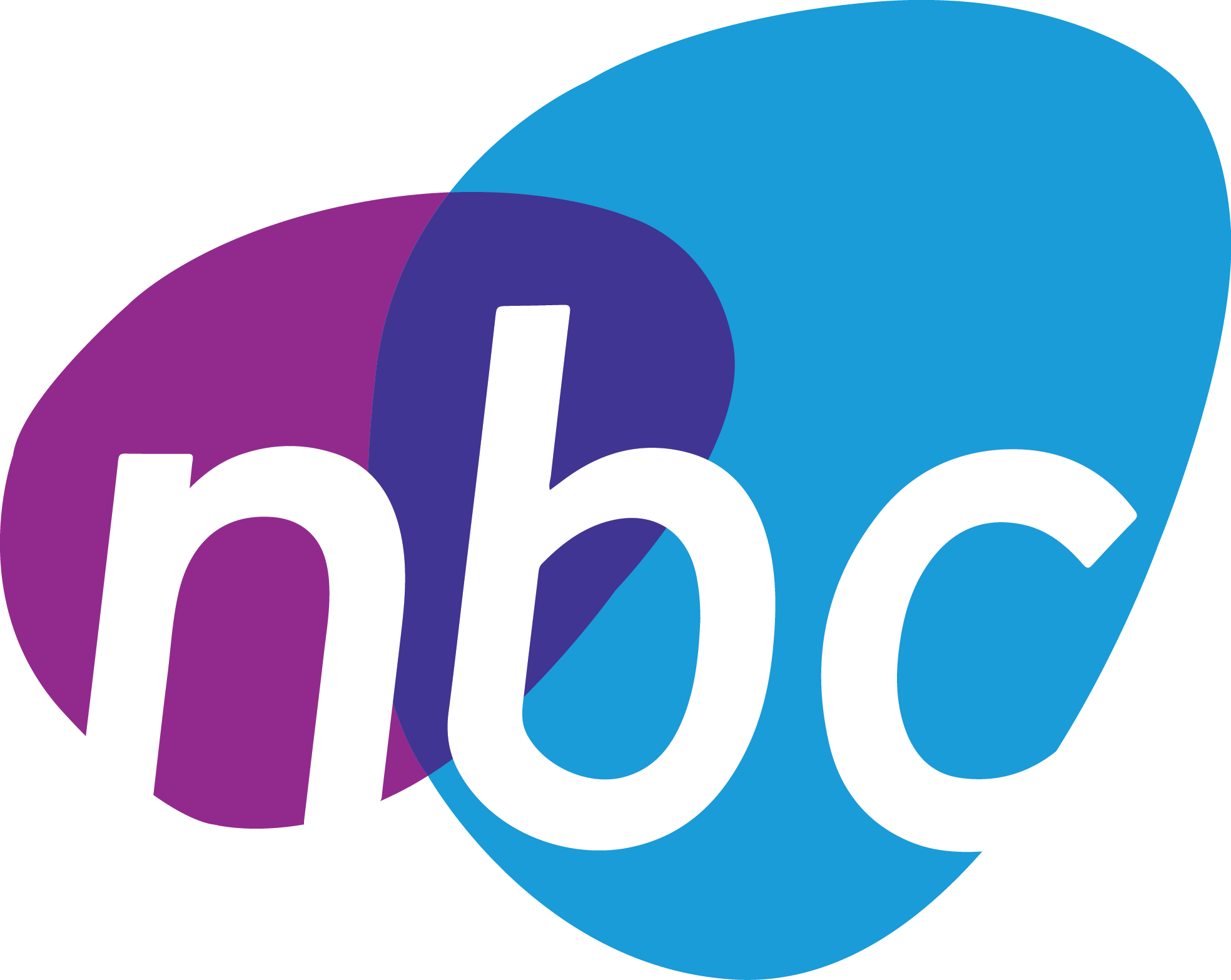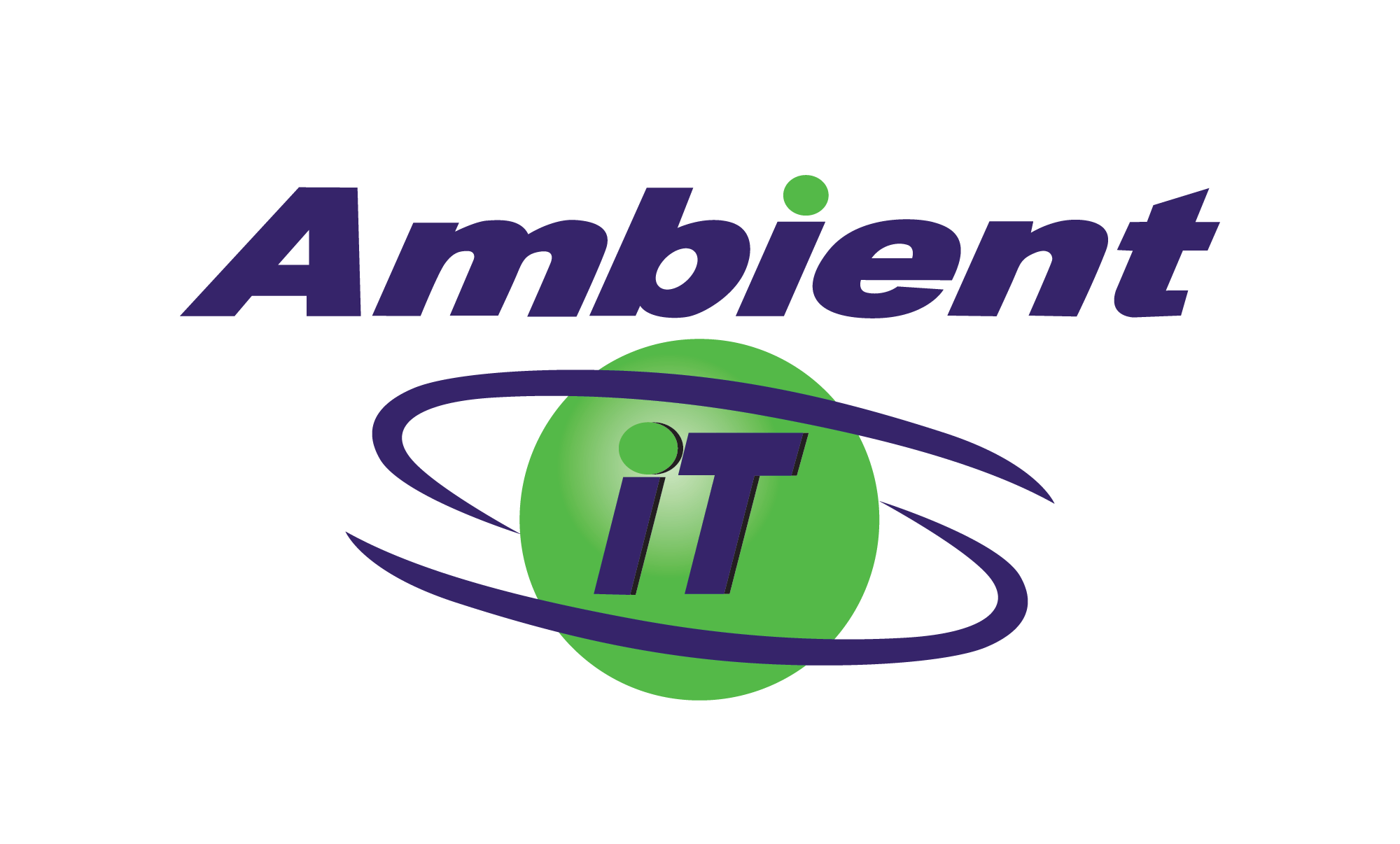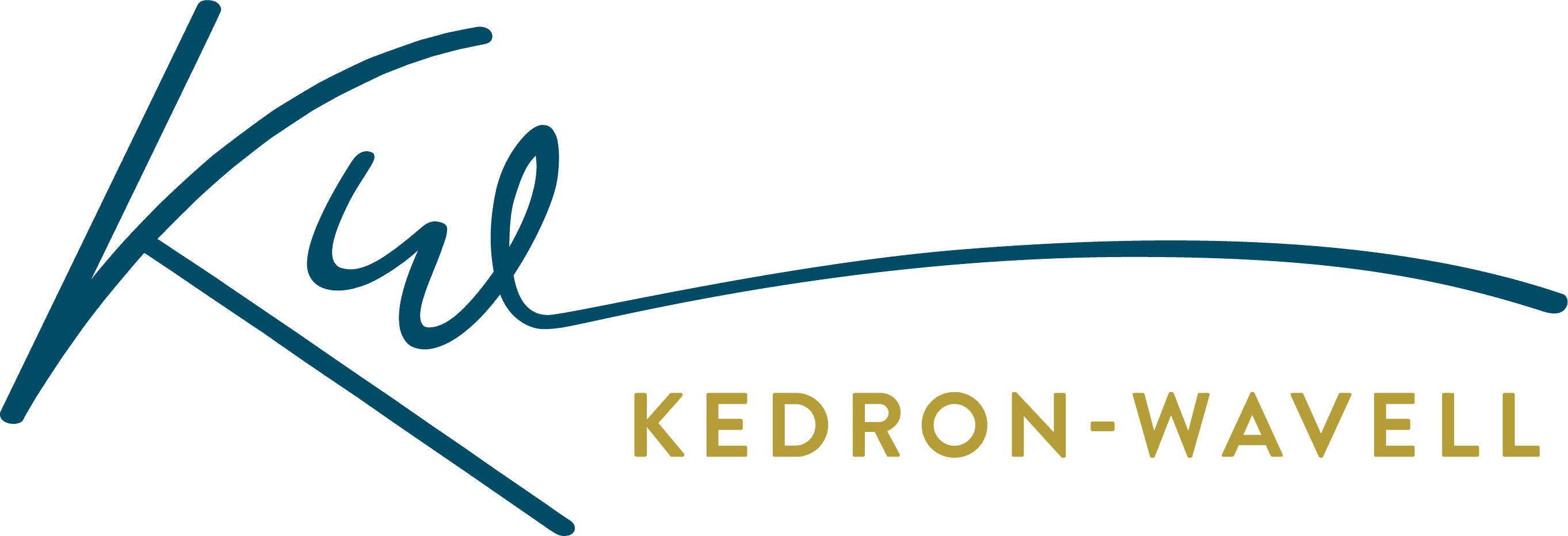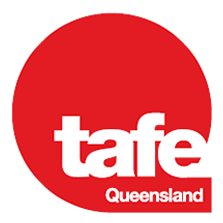Federal Budget Report

Earlier this month, Treasurer Jim Chalmers delivered the federal budget. The headline announcement was a surprise $4.2bn surplus for the current financial year. But that good news is short-lived, with a return to increasing deficits of $13.9bn in 2023-24 and $35.1bn in 2024-25. Here’s a detailed analysis of the key budget announcements from BNCC member Northern Business Consultants.
1. Personal income tax measures
1.1 Increasing the Medicare levy low-income thresholds
The Government will increase the Medicare levy low-income thresholds for singles, families and seniors and pensioners from 1 July 2022 as follows:
- The threshold for singles will be increased from $23,365 to $24,276.
- The family threshold will be increased from $39,402 to $40,939.
- For single seniors and pensioners, the threshold will be increased from $36,925 to $38,365.
- The family threshold for seniors and pensioners will be increased from $51,401 to $53,406.
For each dependent child or student, the family income thresholds will increase by a further $3,760 instead of the previous amount of $3,619.
The increase in the thresholds provides cost-of-living relief by taking account of recent CPI outcomes so that low-income individuals continue to be exempt from paying the Medicare levy.
1.2 Exempting lump sum payments in arrears from the Medicare levy
The Government will exempt eligible lump sum payments in arrears from the Medicare levy from 1 July 2024. This measure will ensure low-income taxpayers do not pay higher amounts of the Medicare levy as a result of receiving an eligible lump sum payment, for example as compensation for underpaid wages.
Eligibility requirements will ensure that relief is targeted to taxpayers who are genuinely low-income and should be eligible for a reduced Medicare levy. To qualify, taxpayers must be eligible for a reduction in the Medicare levy in the two most recent years to which the lump sum accrues.
Taxpayers must also satisfy the eligibility requirements of the existing lump sum payment in arrears tax offset, including that a lump sum accounts for at least 10% of the taxpayer’s income in the year of receipt.
2. Small business measures
2.1 $20,000 instant asset write-off
From 1 July 2023 until 30 June 2024, the Government will temporarily increase the instant asset write-off threshold from $1,000 to $20,000.
Small businesses with an aggregated annual turnover of less than $10 million will be able to immediately deduct the full cost of eligible assets costing less than $20,000 that are first used or installed ready for use between 1 July 2023 and 30 June 2024. The $20,000 threshold will apply on a per-asset basis, so small businesses can instantly write off multiple assets.
Assets valued at $20,000 or more (which cannot be immediately deducted) can continue to be placed into the small business simplified depreciation pool and depreciated at 15% in the first income year and 30% each income year thereafter.
The provisions that prevent small businesses from re-entering the simplified depreciation regime for five years if they opt-out will continue to be suspended until 30 June 2024.
2.2 New Energy Incentive for small businesses
Small and medium businesses with an aggregated annual turnover of less than $50 million will be able to deduct an additional 20% of the cost of eligible depreciating assets that support electrification and more efficient use of energy. Up to $100,000 of total expenditure will be eligible for the Small Business Energy Incentive, with the maximum bonus deduction being $20,000.
A range of depreciating assets, as well as upgrades to existing assets, will be eligible for the Small Business Energy Incentive. These will include assets that upgrade to more efficient electrical goods (such as energy-efficient fridges), assets that support electrification (such as heat pumps and electric heating or cooling systems), and demand management assets (such as batteries or thermal energy storage). Full details of eligibility criteria will be finalised in consultation with stakeholders.
Eligible assets will need to be first used or installed ready for use between 1 July 2023 and 30 June 2024. Eligible upgrades will also need to be made in this period.
Certain exclusions will apply such as electric vehicles, renewable electricity generation assets, capital works, and assets that are not connected to the electricity grid and use fossil fuels.
2.3 Lodgement penalty amnesty program
A lodgement penalty amnesty program is being provided for small businesses with an aggregated turnover of less than $10 million to encourage them to re-engage with the tax system.
The amnesty will remit failure-to-lodge penalties for outstanding tax statements lodged in the period from 1 June 2023 to 31 December 2023 that were originally due during the period from 1 December 2019 to 28 February 2022.
2.4 Halving the increase in quarterly tax instalments
The Government will amend the tax law to set the GDP adjustment factor for pay as you go (‘PAYG’) and GST instalments at 6% for the 2024 income year, a reduction from 12% under the statutory formula. The reduced factor will provide cash flow support to small businesses and other PAYG instalment taxpayers.
The 6% GDP adjustment rate will apply to small businesses and individuals who are eligible to use the relevant instalment methods (up to $10 million aggregated annual turnover for GST instalments and $50 million aggregated annual turnover for PAYG instalments), in respect of instalments that relate to the 2024 income year and fall due after the enabling legislation receives Royal Assent.
3. Superannuation measures
3.1 Government to amend the non-arm’s length income (‘NALI’) provisions
The Government will amend the NALI provisions which apply to expenditure incurred by superannuation funds by doing the following:
- Limiting income of self-managed superannuation funds and small Australian Prudential Regulation Authority (‘APRA’) regulated funds that is taxable as NALI to twice the level of a general expense. Additionally, fund income taxable as NALI will exclude contributions.
- Exempting expenditure that occurred prior to the 2019 income year.
- Exempting large APRA regulated funds from the NALI provisions for both general and specific expenses of the fund.
3.2 Increasing the frequency of superannuation guarantee payments
From 1 July 2026, employers will be required to pay their employees’ superannuation guarantee entitlements on the same day that they pay salary and wages.
Currently, employers are only required to pay their employees’ superannuation guarantee on a quarterly basis. By increasing the payment frequency of superannuation to align with the payment of salary and wages, this measure aims to ensure employees have greater visibility over whether their entitlements have been paid and better enable the ATO to recover unpaid superannuation.
Changes to the design of the superannuation guarantee charge will also be necessary to align with increased payment frequency.
This package will particularly benefit those in lower paid, casual and insecure work who are more likely to miss out when superannuation guarantee is paid less frequently.
3.3 Earnings for superannuation balances above $3million taxed at 30%
From 1 July 2025, the Government will reduce the tax concessions available to individuals with a total superannuation balance exceeding $3 million.
Individuals with a total superannuation balance of less than $3 million will not be affected.
This reform is intended to ensure superannuation concessions are better targeted and sustainable. It will bring the headline tax rate to 30%, up from 15%, for earnings corresponding to the proportion of an individual’s total superannuation balance that is greater than $3 million. This rate remains lower than the top marginal tax rate of 45%.
Earnings relating to assets below the $3 million threshold will continue to be taxed at 15%, or 0% if held in a retirement pension account.
Interests in defined benefit schemes will be appropriately valued and will have earnings taxed under this measure in a similar way to other interests. This will ensure commensurate treatment.
The measure will not place a limit on the amount of money an individual can hold in superannuation. The current contributions rules will continue to apply.
4. Tax integrity measures
4.1 Expanding the general anti-avoidance rule (Part IVA)
The Government will expand the scope of the general anti-avoidance rule for income tax (Part IVA of the ITAA 1936) so that it can apply to:
- schemes that reduce tax paid in Australia by accessing a lower withholding tax rate on income paid to foreign residents; and
- schemes that achieve an Australian income tax benefit, even where the dominant purpose was to reduce foreign income tax.
This measure will apply to income years commencing on or after 1 July 2024, regardless of whether the scheme was entered into before that date.
4.2 Extending the compliance program for personal income tax
The Government will provide $89.6 million to the ATO and $1.2 million to Treasury to extend the Personal Income Tax Compliance Program for two years from 1 July 2025 and expand its scope from 1 July 2023.
This extension will enable the ATO to continue to deliver a combination of proactive, preventative and corrective activities in key areas of non-compliance, and to expand the scope of the program to address emerging areas of risk, such as deductions relating to short-term rental properties to ensure they are genuinely available to rent.
4.3 Improving engagement with taxpayers to ensure timely payment of tax and superannuation liabilities
The Government will provide funding over four years from 1 July 2023 to enable the ATO to engage more effectively with businesses to address the growth of tax and superannuation liabilities.
The additional funding will facilitate ATO engagement with taxpayers who have high-value debts over $100,000 and aged debts older than two years where those taxpayers are either:
- public and multinational groups with an aggregated turnover of greater than $10 million; or
- privately owned groups or individuals controlling over $5 million of net wealth.
4.4 Investing in superannuation guarantee compliance
The Government will provide $40.2 million to the ATO in the 2024 income year, which includes $27 million for the ATO to improve data matching capabilities to identify and act on cases of superannuation guarantee underpayment by employers and $13.2 million for consultation and co- design.
4.5 Four-year extension for GST compliance program
The Government will provide $588.8 million to the ATO over four years from 1 July 2023 to continue a range of activities that promote GST compliance.
These activities will ensure businesses meet their tax obligations, including accurately accounting for and remitting GST, and correctly claiming GST refunds. Funding through this extension will also help the ATO develop more sophisticated analytical tools to combat emerging risks to the GST system.
4.6 Extending and merging the Serious Financial Crime Taskforce and Serious Organised Crime program
The Government will extend funding for the Serious Financial Crime Taskforce (‘SFCT’) and Serious Organised Crime program (‘SOC’) over four years to 30 June 2027 and merge the programs, with a merged SFCT to commence from 1 July 2023.
The SFCT and SOC are currently separately funded ATO-led cross-agency collaborations between the ATO, national policing and other law enforcement and regulatory agencies, targeting serious and organised crime groups and serious financial crime and tax evasion.
An extension and merging of these programs will maximise the disruption of organised crime groups that seek to undermine the integrity of Australia’s public finances.
5. Other budget measures
5.1 Capital allowances – Accelerating the capital works tax deduction for ‘Build-To-Rent Developments’
For eligible new build-to-rent projects where construction commences after 7:30pm (AEST) on 9 May 2023 (Budget night), the Government will:
- increase the rate for the capital works tax deduction to 4% per year; and
- reduce the final withholding tax rate on eligible fund payments from managed investment trust (‘MIT’) investments from 30% to 15%.
This measure will apply to build-to-rent projects consisting of 50 or more apartments or dwellings made available for rent to the general public. The dwellings must be retained under single ownership for at least 10 years before being able to be sold and landlords must offer a lease term of at least three years for each dwelling.
The reduced managed investment trust withholding tax rate for residential build-to-rent will apply from 1 July 2024. Consultation will be undertaken on implementation details, including any minimum proportion of dwellings being offered as affordable tenancies and the length of time dwellings must be retained under single ownership.
5.2 FBT – Electric Car Discount
The Government will sunset the eligibility of plug-in hybrid electric cars for the FBT exemption for eligible electric cars. This change will apply from 1 April 2025.
Arrangements involving plug-in hybrid electric cars entered into between 1 July 2022 and 31 March 2025 remain eligible for the Electric Car Discount.
Note that this announcement is already reflected in the legislation. Specifically, Treasury Laws Amendment (Electric Car Discount) Act 2022 included a ‘sunset clause’ with respect to plug-in hybrid electric cars. The law applies such that a plug-in hybrid electric car ceases to be a ‘zero or low emissions vehicle’ from 1 April 2025 and, thus, ceases to be eligible for the FBT exemption from 1 April 2025, subject to transitional measures.
5.3 Incentivising pensioners into the workforce – six months extension
The Government will provide $3.7 million to extend the measure to provide age and veterans pensioners with a once-off credit of $4,000 to their Work Bonus income bank and temporarily increase the maximum income bank until 31 December 2023.
Under this measure, pensioners can earn up to $11,800 before their pension is reduced, supporting pensioners who want to work, or work more hours, to do so without losing their pension.
More Recent News
-
Business Leaders Breakfast
We are excited to invite you to our Business Leaders Breakfast. We will be joined by Brisbane Lord Mayor The Hon. Adrian Schrinner for an inspiring morning. Read More -
BCC Small Business TikTok Workshop
In this workshop, you’ll learn how to harness the power of TikTok to elevate your brand presence, create compelling content, and drive tangible business results. Read More -
Member Exclusive: Australian Women's Leadership Symposium Discount
We are excited to have organised a special discounted price for our BNCC members for the Australian Women's Leadership Symposium. Read More












